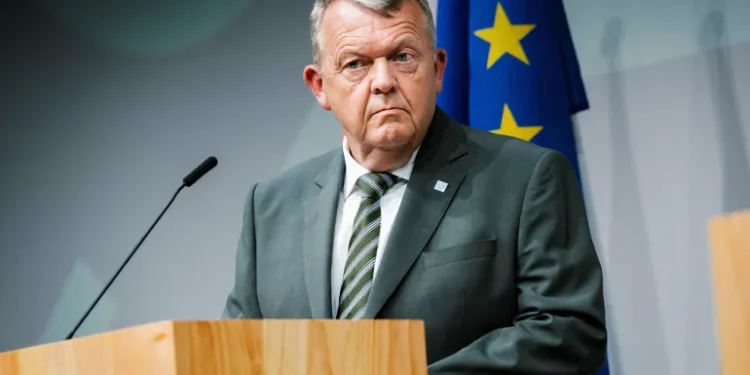In a dramatic turn of events in the Syrian conflict, Bashar al-Assad, the long-standing President of Syria, has been ousted from power amid escalating protests and internal dissent.
This unexpected political shift comes after years of civil strife that has claimed hundreds of thousands of lives and displaced millions.
In an interview with the Vaultz news, Mr. Henry Osabutey, a Human Rights, Peace and Conflict scholar offered his insights on what steps the international community must take to steer Syria toward stability and peace.
For Syria to emerge from its painful past and build a peaceful future, Osabutey insisted that the international community must remain engaged.
He stressed that, while the fall of Assad opens a door to potential peace, it also creates new dangers.
He asserted that the international community must be very proactive to stabilize Syria following Assad’s ouster, if not, “there’ll be an escalated, infighting among the factions in Syria to take over control of strategic positions.”
Also, Osabutey suggested some strategies to promote stability and peace in Syria during this transitional phase, saying that there must be mediation and dialogue, which must be led by the United Nations and other multinational institutions.
Beyond the immediate need for diplomatic dialogue, he underscored the urgent necessity of rebuilding Syria’s war-torn infrastructure, calling for a coordinated response to address both infrastructure needs and humanitarian aid. “Countries should commit resources through the UN to rebuild Syria’s infrastructure and provide humanitarian needs,” he stated.
Yet, the challenge of rebuilding Syria goes beyond bricks and mortar. Osabutey also emphasized the need for justice.
Osabutey opined that the international community must support mechanism for, a peaceful transitional system which leads to justice to address the war crimes and human rights abuses that occurred under Assad’s reign.
Additionally, he warned of the threat posed by extremist groups, stating that the international community must swiftly ensure coordinated efforts to prevent extremist groups from exploiting the situation.
When asked what challenges he foresees in the immediate aftermath of Assad’s removal, especially in terms of governance, humanitarian needs, and potential conflicts over territory among various factions within Syria, Osabutey expressed fear of risk of the transitional government being able to see to a smooth transition process.
He added that provision of humanitarian needs, catering for returning refugees and health care, will likely be a challenge.
Suspension Of Syrian Asylum Processing To Have Serious Implications
Meanwhile, Germany and other European countries, have announced their decision to pause asylum processing for Syrian citizens.
Commenting on this, Osabutey noted that suspending Syrian asylum processing will have devastating implications.
“If you pause asylum processing for Syrian refugees, this will raise a serious human rights concern. Refugees are facing dire conditions and if you halt their processing now, this will go along with undermining their right to seek for safety and protection in other countries which is enshrined in the UN Charter.
“This policy could exacerbate the humanitarian crisis which will also cause strained relationship among neighboring countries, which are hosting these refugees, and it can also fuel desperation.”
Henry Osabutey
He called on the international community to make sure that a balance is struck between the security concerns and upholding fundamental human rights.
As Syria enters this new chapter, Osabutey’s insights serve as both a warning and a call to action.
The world must remain vigilant and proactive, working together to guide Syria toward a future of peace and stability. Failure to do so, he cautions, could plunge the nation into even greater chaos.
The world must rise to the challenge — for Syria’s sake, and for the sake of peace.
READ ALSO: Peace Talks Collapse Amid Escalating Tensions in Eastern DRC























